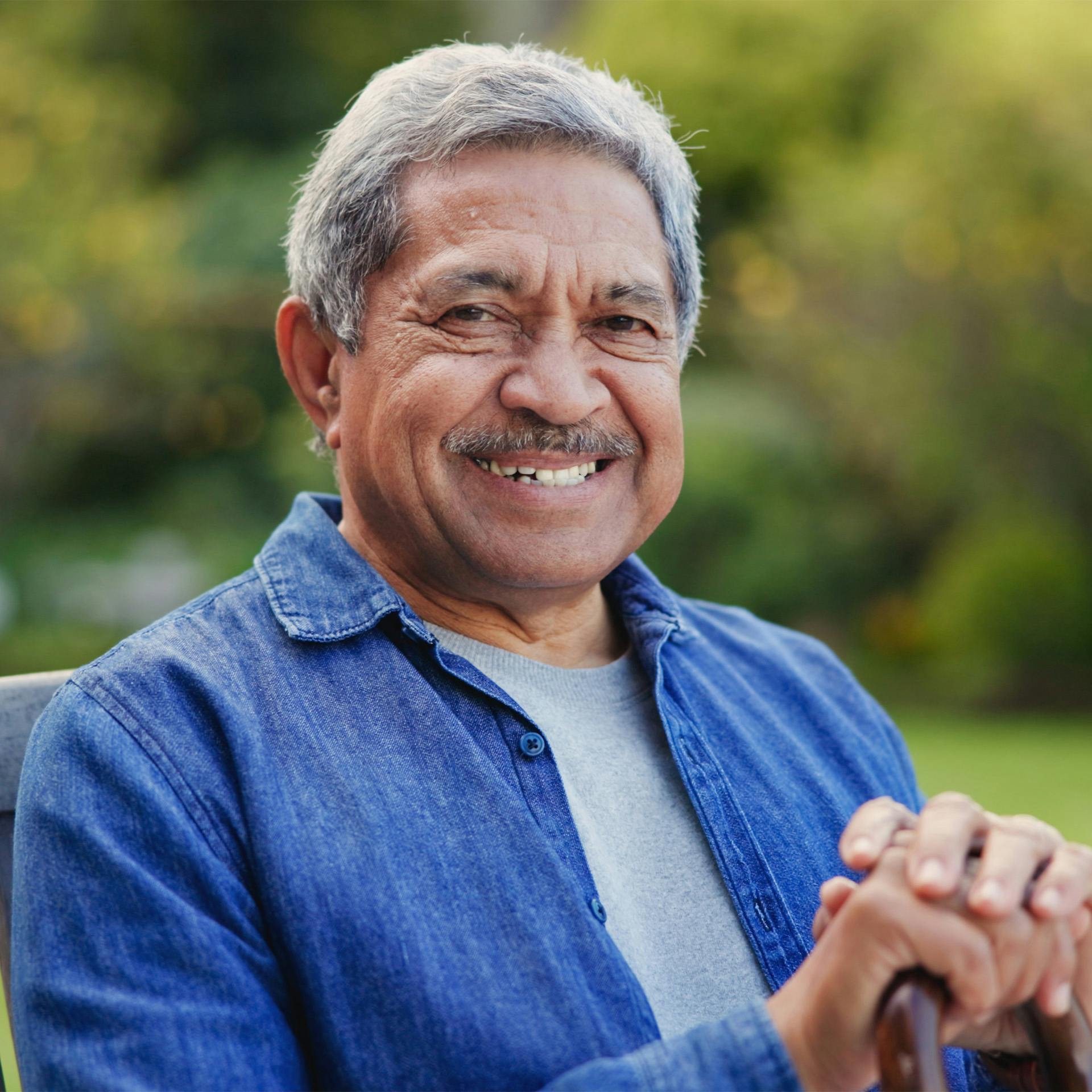Understanding the Causes of Your Kyphosis
Kyphosis is a larger-than-normal forward bend of the spine, and it is most commonly found in the upper back. There are different types of kyphosis:
- Post-traumatic kyphosis: Following a traumatic injury, this form of kyphosis can affect the mid to lower back after a vertebra or vertebrae fracture.
- Age-associated kyphosis: This form of kyphosis can happen during the aging process and results from conditions like weakened muscles, osteoporosis, degenerative disc disease or spine fractures.
- Scheuermann’s kyphosis: Also called juvenile kyphosis, this disorder develops during adolescence and can continue into adulthood. It can result from a stiff spine and an abnormal shape of the vertebrae.
- Congenital kyphosis: Some patients are born with this disorder when the front edges of vertebrae in the upper back do not develop as they should. Kyphosis is rare at birth.




